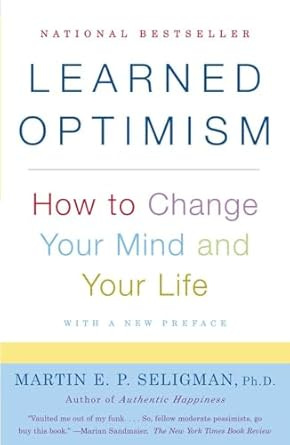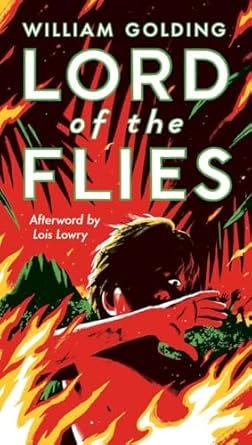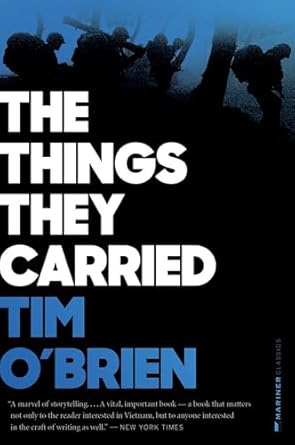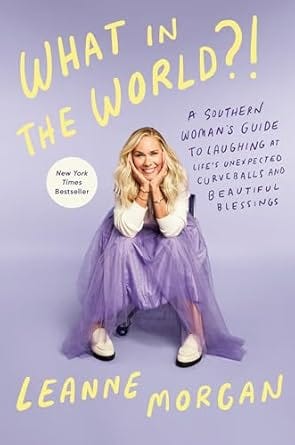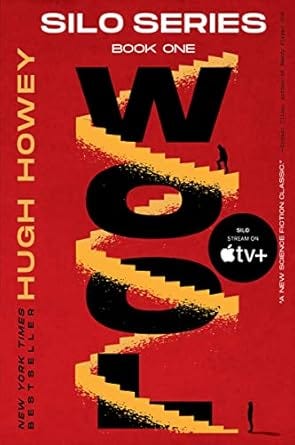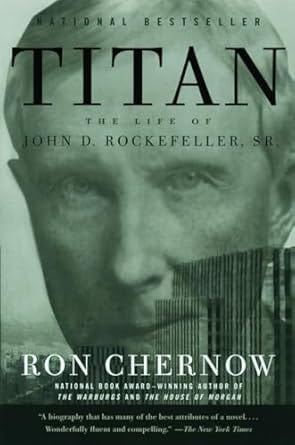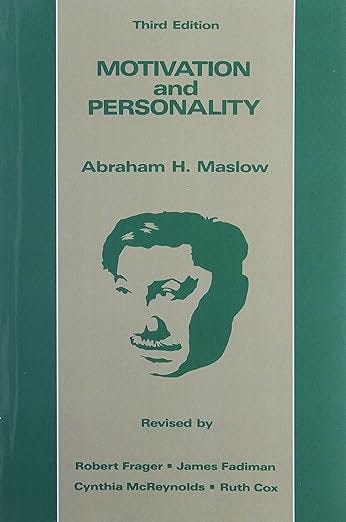By The Numbers
I made it through 58 books this year. If you want to see the complete list, check out the “2024 Summary” tab here.
25 books published since 2020
25 physical books
20 audiobooks
13 eBooks (Kindle)
4 books written by authors I have met personally
4 books published before 1970
4 biographies
3 fiction books
1 book on A.I.
The Highlights
The Five Most Referenced Books
These are the books I kept coming back to throughout the year (in no particular order):
Learned Optimism by Martin Seligman
Flow by Mihaly Csíkszentmihályi
Culture Is the New Leadership by Ben Ortlip
All It Takes Is a Goal by Jon Acuff
The Progress Principle by Teresa Amabile and Steven Kramer
Each of these books offered practical insights that I found immediately actionable. I highly recommend them all.
The Book I Recommended the Most
Learned Optimism. I had never heard of Martin Seligman before April, but he quickly became one of my heroes. His research is fascinating, and his writing is insightful, snarky, hopeful, and vulnerable, right up my alley.
The Most Memorable Book
Lord of the Flies. My youngest son and I listened to it on a road trip—a great memory.
The Saddest Book
The Things They Carried. My oldest son read it for school and asked me to read it. Sheesh. Thanks, son.
My Favorite Audiobook
What in the World by Leanne Morgan. I'm already predicting my favorite audiobook of next year will be Big Dumb Eyes by Nate Bargatze. Comedian books are audio gold.
Favorite Fiction Book
Wool by Hugh Howey. I loved the TV show Silo on Apple TV+, but the book was, of course, better.
Grateful for Whispersync
Whispersync is a feature that lets you read a Kindle eBook and listen to its Audible version simultaneously or switch between the two without losing your place. I used that feature with Titan by Ron Chernow. I would not have had the patience to read all 832 pages physically, so I loved switching between Kindle and Audible for this one. And Rockefeller’s life was fascinating.
The Worst Book I Read
The 5 AM Club. Good lord. How did that get published? Why is it on so many "bestseller" lists? I kept thinking, "This has got to be a joke, right?" That club sounds awful.
First Book of 2025
Motivation and Personality by Abraham H. Maslow.
If you want more commentary on my year of reading, keep going.
If not, thanks for subscribing to On Leadership, and here’s to a great 2025!
My Commentary
"Adam, a lot of your content is very anecdotal. I think it might help to do more research on your ideas."
That’s what my writing coach told me in March, and wow—what an impact that simple comment had.
He was right.
For most of my professional life, I mainly relied on my ideas. My emails, podcasts, lessons, and keynotes could all be labeled "Adam Tarnow’s Opinion on a Subject."
I wanted that to change. So, I started with my reading.
For the first time, I thought differently about selecting books.
Instead of choosing what looked interesting, I sought books backed by research.
Books written by PhDs.
Books without catchy titles or famous authors.
Books that would stretch me.
What followed was the strangest reading year of my life.
I read fifty-eight books—twice my standard rate—and broke nearly all my reading rules. Reading as "research" felt different from reading for "personal enrichment."
I read books I didn’t want to read, finished boring books, shame-read, and guilt-read.
Honestly, it was kind of terrible.
I found it ironic that after reading over twenty books on happiness and well-being, I wasn’t sure if I felt any happier.
By the end of the year, I was burnt out.
So why did I do this?
Two Perspectives
Looking back, I see two ways to frame this experience:
Pessimistic: It was a bad experience. I don’t feel smarter, didn’t "figure anything out," and don’t have a book draft.
Optimistic: It made me more resilient, and I didn’t immediately feel great because I was growing.
Ultimately, one question sums it up: Did reading all books on happiness and well-being change me?
Upon asking that question, the answer was obvious.
A Shift in Perspective
This year, my unspoken life goal changed.
For a long time, my goal in life was simple: avoid hard things, take the easy road, pace yourself, don’t exert too much effort, and be wise.
It worked. My life was good—or so I thought.
But that goal didn’t produce happiness or well-being. It produced a soft body (literally) and a hard heart (metaphorically).
Dr. Ed Diener doesn’t call happiness "happiness." He calls it Psychological Wealth. Isn’t that great? It feels weightier than "happiness."
Inspired by the authors I read, I did things differently this year. My year was marked with habits and decisions that could only be labeled “out of character.”
Things like…
Going to the gym over 150 times
Walking 10,000+ steps over 350 days
Adding sprints to my otherwise easy neighborhood runs
Eating differently and losing 25 pounds
Starting to do pull-ups
Avoiding alcohol all year
Working on my next book over 200 times
Going to therapy
Resolving conflict with my parents
Engaging in challenging conversations with my teenage sons
Finally, getting that first colonoscopy
The result? My trendline reversed. My body hardened, and my heart softened. I feel like an adult for the first time in my adult life.
This year, reading books I didn’t want to read gave me something I’d been searching for: something better than happiness.
This year, I discovered Psychological Wealth.
My new goal is to do the things that produce it.
Books are powerful.
I don’t know how else to say it.
I’m grateful for them and can’t wait to see where they take me in 2025!



